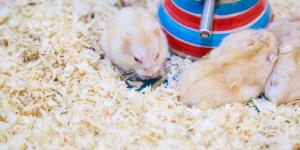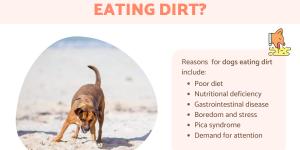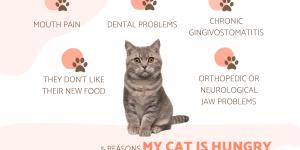My Hedgehog is Not Eating - Causes & Treatment

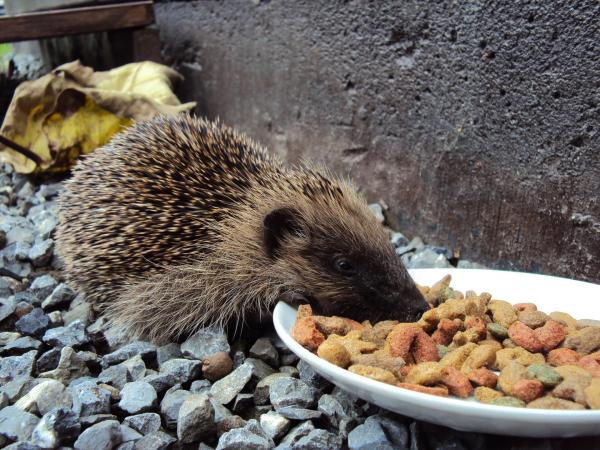
Since keeping a hedgehog as a pet is a relatively new phenomenon, there is still a lot we have to learn about their care. We do know that they are an animal which is generally prone to obesity. For this reason, and many others, it is imperative we provide a balanced diet suitable for hedgehogs. While providing the right diet is essential to prevent a hedgehog from overeating, we may notice our animals either drastically reduces their food consumption or stops eating altogether. While diet is a factor, it is also possibly due to various diseases.
At AnimalWised, we investigate why your hedgehog is not eating. We look at the causes and treatment of why hedgehogs lose their appetite so they can live a full and happy life.
The hedgehog diet
While they both need the same nutrition, there is a slight difference between the diet of wild and captive hedgehogs. Wild hedgehogs are truly omnivorous, feeding on fruit, vegetables, insects and even small vertebrates. In captivity, hedgehogs are also omnivorous, but their diet is mainly insect, fruit and vegetable based. From these food types, they will have enough nutrients to thrive.
In captivity, they can be fed with high quality commercial cat feed (never dog food), but ideally should be given a feed tailored specifically for hedgehogs. The pieces have to be small for them to be able to consume it. We should also include insects in their diet such as mealworms, bait worms or crickets. One a day should be enough. Fruits and vegetables such as banana, peas and tomatoes an be given occasionally in small quantities.
Food is usually given to them in the evening. Hedgehogs are nocturnal animals, more active at night than during the daytime. Servings should not be very large so as to avoid weight issues. It is best to remove the food in the morning so they can both eat fresh food and prevent overeating.
During the day, you can leave a small amount of feed. However, they will always need a supply of fresh water, especially if eating dry feed.
If you have forgotten a feeding, you can divide the night serving into two portions and give one during the day. Give some additional insects to compensate.
Forbidden foods for hedgehogs
Sweets, milk, onions, nuts, peanuts and raisins are harmful foods for hedgehogs. They should be avoided in their diet.
If you are unsr
How much should my hedgehog eat?
Each hedgehog should be fed according to their individual needs. This means the amount they receive should ve according to their age, size and health status. Young and pregnant hedgehogs or lactating females should have more. They should also be given a higher protein intake.
As a general rule, an adult male will weigh between 500-600 g and an adult female 250-400 g. Depending on the variety of your hedgehog, their ideal weight may vary. Our article on what a hedgehog should eat will provide more specific information on types and amount of food.
To know how much you should feed your hedgehog, you must know them well. Ideally, you should have a small amount of food left in the morning. Try different amounts for several days, if they consume all the food in the first hours after offering it, you are not giving them sufficient quantities.
You should also pay attention to which foods they like the most. As with all companion animals, they have their preferences and not all insects or all fruits will be to their liking.
Once you have observed how much they usually consume, maintain this portion size. Monitor them to ensure they maintain a healthy weight. If they become overweight, you will need to lessen the portion size.

My hedgehog isn't eating
Even after you have decided on the right amount of food, dietary problems can arise. If you see your hedgehog has stopped eating, it could be due to one of the following reasons:
- Parasites: as with other animals, hedgehogs may suffer an infestation of internal or external parasites. However, internal parasites are more likely to affect their gastrointestinal system and result in appetite loss.
- Oral problems: oral diseases such as gingivitis, tartar or periodontitis are relatively frequent in these animals. Proper oral hygiene helps prevent these problems. You can give them cat treats to prevent tartar. Excessively bland diets should also be avoided.
- Intestinal problems: salmonellosis is a bacterial disease that can cause vomiting, diarrhea, and poor appetite. Other bacterial or viral infections can result in gastrointestinal issues, often suppressing their appetite.
- Neoplasia: the appearance of tumors in hedgehogs increases after three years of age. It can affect the entire body, although the most common are breast tumors and oral carcinomas. They can cause weight loss and anorexia. It is important that you periodically check your hedgehog's body for possible lumps.
- Anorexia: sometimes the lack of appetite can be caused by some sudden change or stress situation. Even cold drafts can cause stress levels which affect their appetite.
Hibernation
In the wild, the arrival of winter usually will require them to hibernate. Not all hedgehogs will do this, however. They will only hibernate if they have reached the correct weight and if the climactic conditions are correct. Hibernation means they will remain in a state of lethargy for several months. Variations in hibernation behavior will also occur depending on the type and species of hedgehog. For example, the African hedgehog tends not to hibernate due to the usually high temperatures of their natural habitat.
You can find out related information in our article on whether hamsters hibernate.
Hibernation does not usually occur in captivity. This is due to a controlled climate and constant access to food. However, since hedgehogs are so sensitive to environmental changes, there have been cases were very low temperatures or low light conditions can result in the hedgehog hibernating.
The symptoms that may indicate that your hedgehog is beginning to hibernate are:
- Colder than normal body and legs
- Loss of appetite and thirst
- Decreased activity both day and night
- Less abundant droppings
- Lethargy
- Loss of balance
Check out our related article here to learn some interesting facts about hedgehogs.
Preventing hibernation in hedgehogs
The hibernation process usually causes the animal to lose even more weight. If our hedgehog does not eat and, therefore, is below their ideal weight, it will not be convenient to begin hibernation. We can prevent our hedgehog from going into hibernation by controlling the temperature and light conditions:
- Temperature: the room temperature must be between 22 and 27 ºC. You should not allow your hedgehog to be in colder areas. In winter you can move their cage to the warmest place in the house, ensuring it is kept away from drafts.
- Light: we can offer them either natural or artificial light. The important thing is that they have about 10 hours of light per day, otherwise they will later their bodily cycles. If we live somewhere with insufficient daily light, we can use artificial light sources.
Acting quickly can reverse the hibernation process. Place a heat source (e.g. a hot water bottle) in your hedgehog's cage. Little by little, they should recover as their body temperature stabilizes. It is important that you do not apply very strong heat sources, since their body does not respond well and they will not be able to move away if it burns them. It should be a gradual process.
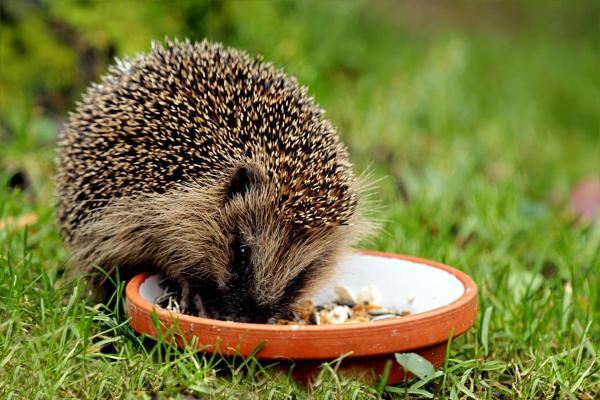
What to do if my hedgehog isn't eating
If the reason why your hedgehog stops eating isn't related to hibernation, we will need to take other action. Treatment of appetite issues in hedgehogs depends on the underlying problem, but will include:
- If more than two days have passed since your hedgehog has stopped eating, you should see your veterinarian. This way you can rule out diseases in hedgehogs which may cause them to stop eating.
- On specific occasions, your hedgehog may stop eating for a day or two. Vary their diet a little and include an insect if you don't normally do so. If your hedgehog's diet is varied and balanced, they shouldn't have problems eating.
- Carry out a complete teeth cleaning on your hedgehog every so often, this way you will avoid oral problems. The nails also need regular trimming.
- You must not forget to deworm your hedgehog both internally and externally on a regular basis. Consult your veterinarian on the matter.
- Take care of their environment. Make sure the temperature, humidity and light conditions are suitable. Incorporate a thermometer and a lamp or heat mat into their cage to more effectively control their environment, especially if they are kept outdoors.
By following these tips and knowing the most common diseases that affect hedgehogs, we can act and prevent feeding problems. Performing weight and nutritional control, we will make sure that our hedgehog is healthy and happy.

If you want to read similar articles to My Hedgehog is Not Eating - Causes & Treatment, we recommend you visit our Diet problems category.


